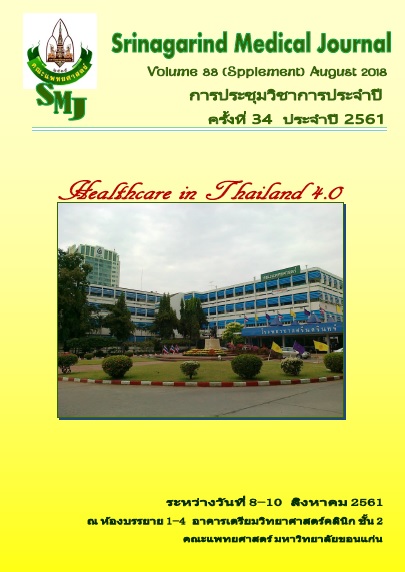Sleep Quality and Its Associating Factors among Hospitalized Patients in a Hospital
Keywords:
Sleep quality; Factors; Hospitalized PatientsAbstract
Background and Objectives: When the body is ill, it needs more sleep than usual. This study aimed to identify sleep quality and associated factors of the inpatients at a hospital. Method: A descriptive study was conducted with 479 inpatients admitted in the hospital which were sampled by simple random sampling to 127. A self-administered questionnaire was used.
The data were analyzed by frequency, percentile, median, interquartile range, 95% Confidence Interval, Spearman rank correlation coefficient, Pearson’s chi-square, Fisher’s exact test and odds ratio.
Results: The response rate was 91.3% (116/127). In all, 48.3% of the patients had moderate sleep quality whilst 31.0% and 20.7% had good and poor, respectively. The total median sleep time during the night was 6 hours (IQR: 2 hours), and sleep satisfaction was 7 out of 10 points (IQR: 3 points). Factors associated with sleep quality at the hospital were; feeling bored (OR 3.92, 95%CI: 1.04, 21.81), too brightness of light (OR 4.77, 95%CI: 1.45, 20.25) and inappropriate temperature (OR 4.94, 95%CI: 1.06, 45.93), noises from other patients (OR 2.90, 95%CI: 1.01, 9.47), and unfamiliar environment. (OR 3.92, 95%CI: 1.04, 21.81)
Conclusion: Sleep quality in inpatients of a hospital showed poor, moderate, good quality for 20.7%, 48.3% and 31.0% respectively. The possible associated factors affecting sleep were; feeling bored brightness of light, unsuitable temperature, noises from other patients and unfamiliar surroundings.




